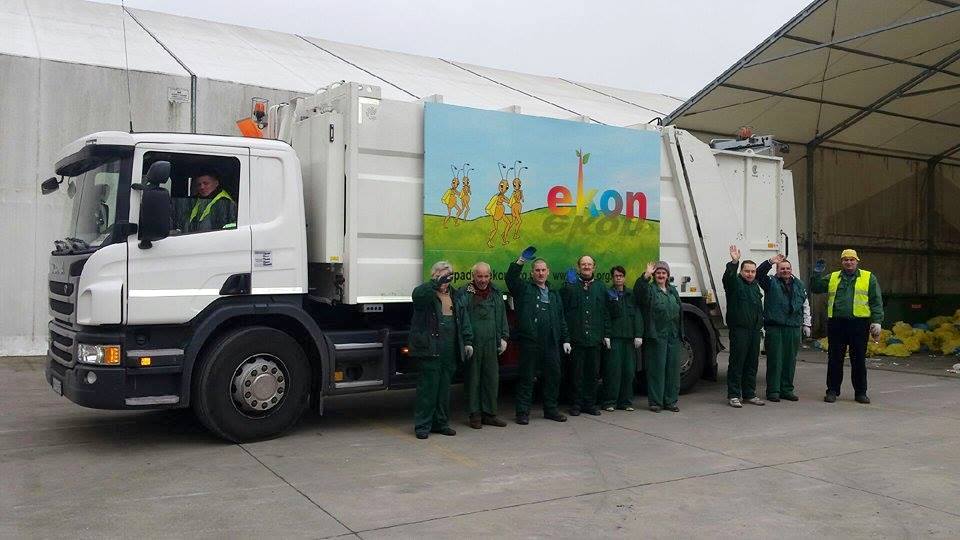55 % of procurement procedures still use the lowest price as the only award criterion [1], without considering any potential added social or environmental value they could support through making purchase choices between competing products or services. With public authorities in the EU spending about 14 % of GDP on public purchases, they have significant potential in driving markets for ethical and sustainable purchases and supporting local job creation.
Re-use, repair and recycling are sectors within which thousands of social enterprises across Europe have been active in for many years, providing jobs and trainings for disadvantaged workers and giving them a fresh start on the labour market. Recognising such social value in purchasing decisions, local authorities can contribute double to the community through environmental improvement, social integration and cohesion, but much more needs to be done in order to make such considerations mainstream in public purchasing decisions.
After briefly addressing the EU framework for sustainable public procurement, this paper presents a number of cases of how social considerations have been successfully integrated into purchase decisions from around the EU. This should contribute to the sharing of good practices about how municipalities can support local job creation and the transition to a circular economy through recognising social value. The case studies all involve social enterprises federated by RREUSE and its wider network.
Download the publication (pdf)
[1] European Commission, Public procurement strategy (Available here).
Picture credit © Ekon Pomaga


